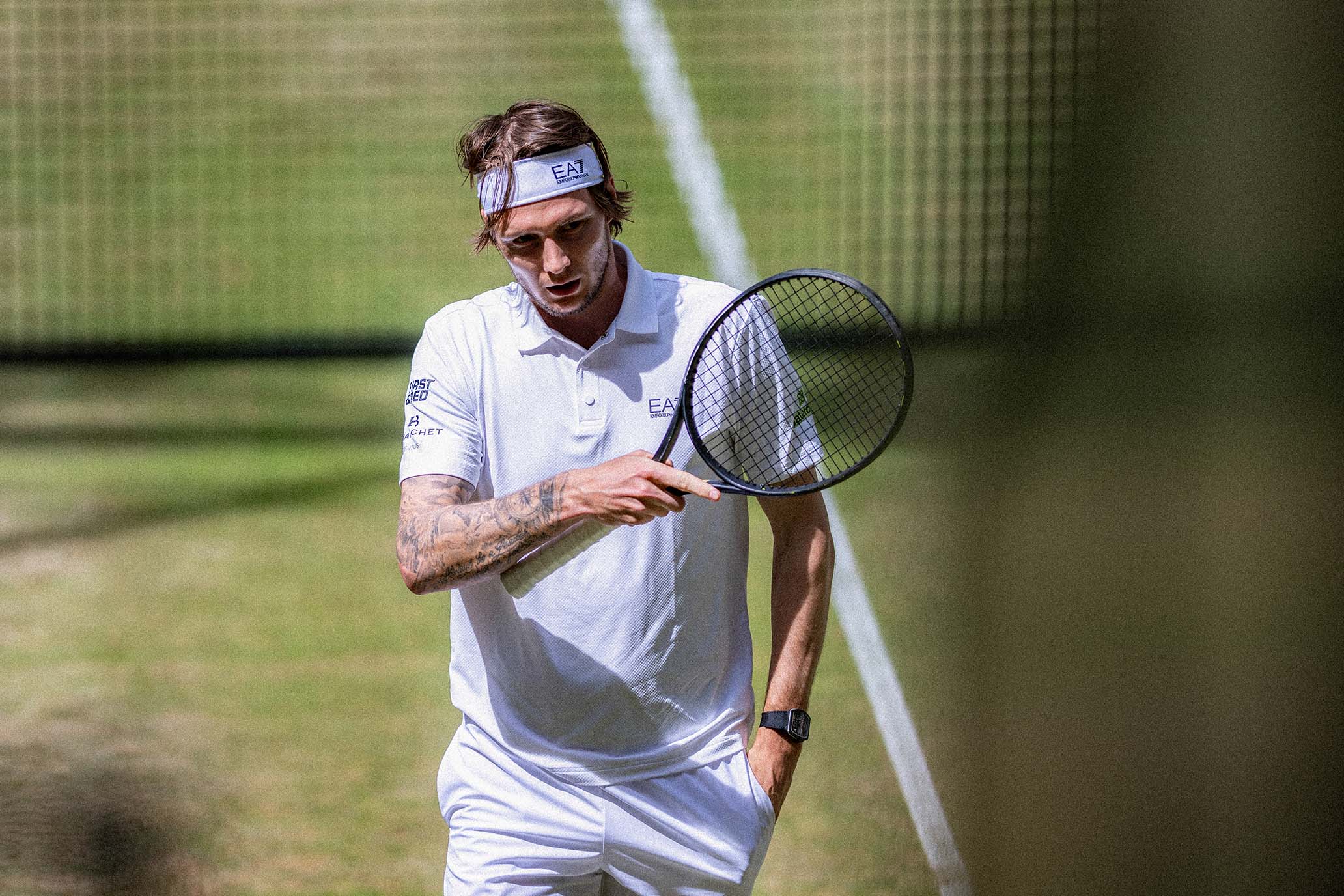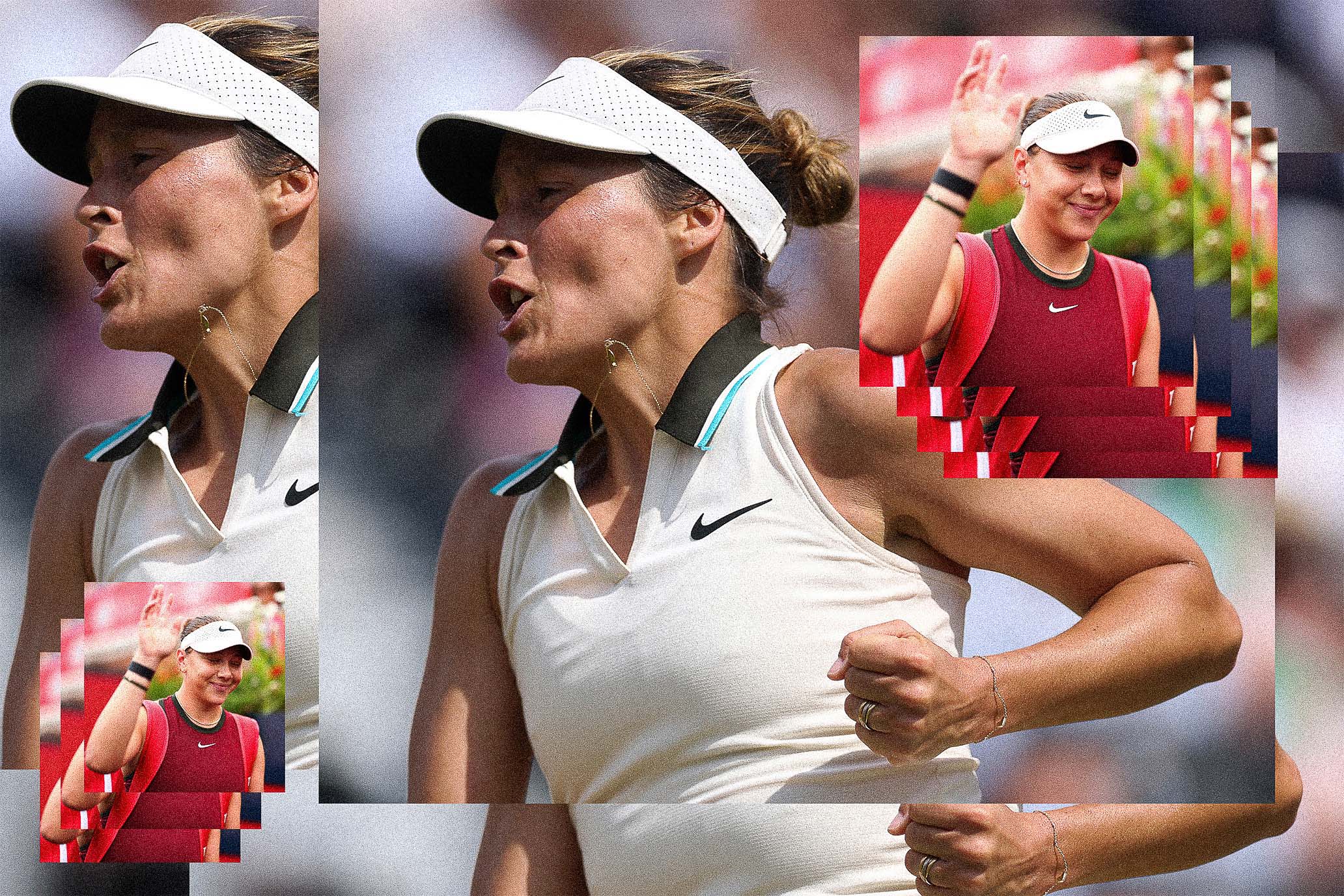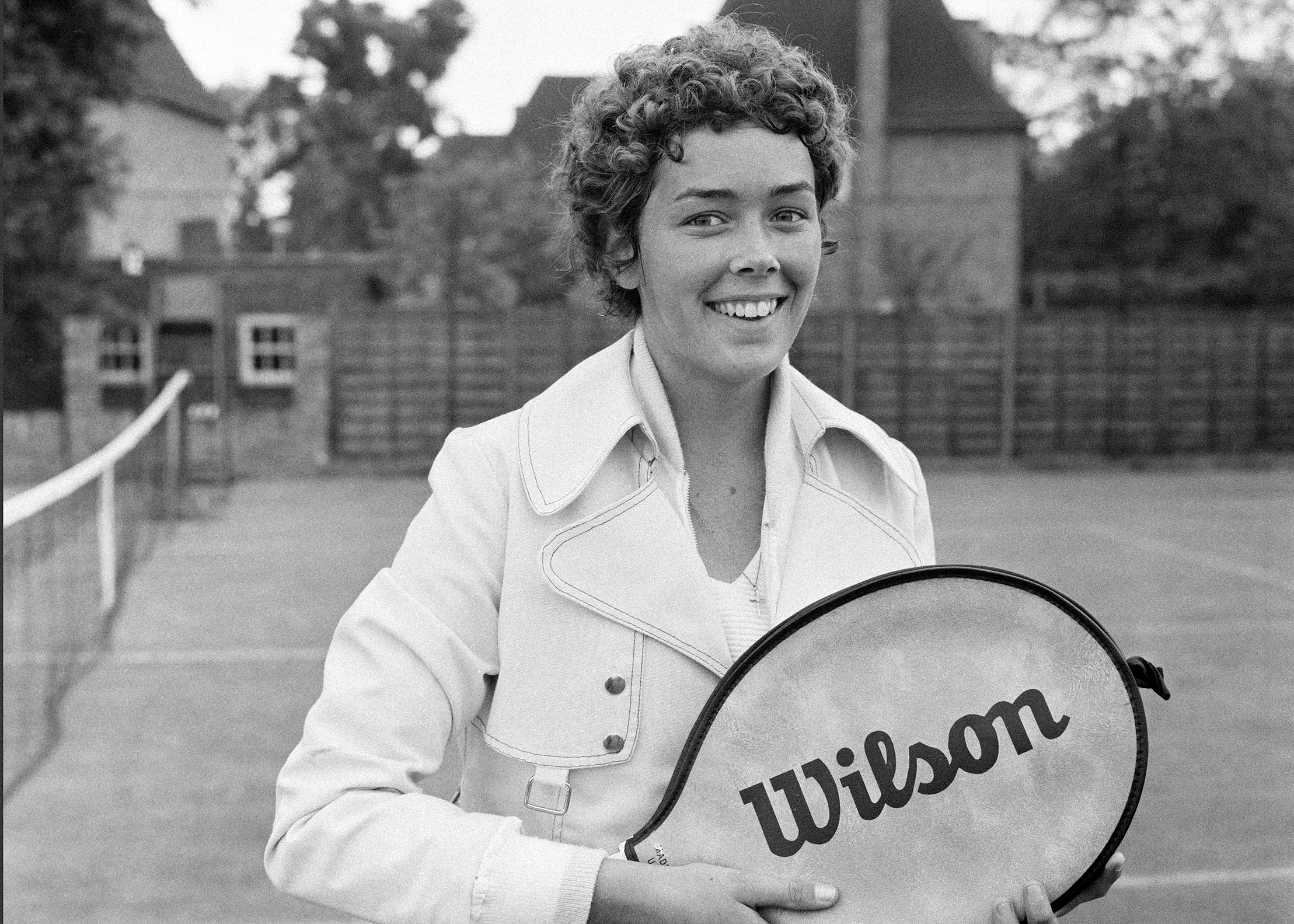You’ve Got to Be Djoking
You’ve Got to Be Djoking
Novak Djokovic is in the wilderness, but it’s foolhardy to count him out at a major.
Novak Djokovic is in the wilderness, but it’s foolhardy to count him out at a major.
By Giri NathanMay 17, 2024

A Roman Holiday for Novak // Craig Shapiro

A Roman Holiday for Novak // Craig Shapiro
Tennis fans love to conduct vibes-based prophecies. Maybe it has something to do with the nature of individual sport. It’s just one human being out there on the court, not a huge team where any one player’s emotional ups and downs are lost in the multivariate noise. It actually matters if one guy is having an awful time out there. And fans often think that any given slump could mark permanent decline. It has been hard to extricate myself from the speculative and short-memoried behavior of the casual fan—because it’s sort of fun—but I think I’ve managed it. So every time this year when I hear about the supposed end of Novak Djokovic, I’m left wondering if we’re talking about the same guy.
This player who supposedly has nothing left in the tank—is this by chance the same person who won three majors last year and came within a set of the fourth one, barely losing to a man 16 years his junior, who is the most significant talent to hit the tour since Novak Djokovic himself? Is this allegedly washed-up retiree the same dude who went on a 19-match winning streak last fall? Given his recent body of work, it seemed absurd to get hung up on any particular dry spell. Sure, he looked a little dodgy at the Australian Open this year; he still made it to the semifinals and had his run ended by the most in-form player in the world, Jannik Sinner, who was then on his own 19-match winning streak. Calling that a decline felt shortsighted.
That wasn’t the end of Djokovic’s 2024 woes, though. I went to Indian Wells and watched him lose his third-round match to a 20-year-old Luca Nardi. Djokovic’s ball had no bite or depth to it. He started an uncharacteristically dumb argument and relitigated it with the poor kid during the handshake. It was not the stuff of champions. But Nardi, ranked outside the top 100, wasn’t a total cipher; he was a touted Italian prospect whose fabulous feel was tangible throughout the match. Why couldn’t he pull off an upset without everyone catastrophizing about the state of Novak Djokovic? I’ve seen this dude lose to Taro Daniel on this court and go on to beat Rafa Nadal in a Wimbledon fifth set a few months later. So this did not, for me, count as definitive evidence that he’d taken his foot off the gas pedal.
But then the playing schedule began to thin out, too. Djokovic pulled out of the Miami Open. “At this stage of my career, I’m balancing my private and professional schedule,” he wrote, and he was seen in Miami during that same time frame, hanging out on the beach with friends. And ahead of the clay season, he split with his coaching staff. Out went Goran Ivanisevic, his coach for five years and 12 major titles; so ended one of the most productive player-coach partnerships in the sport’s history. The atmosphere in the player’s box for the past few months could have been characterized as “firing squad,” so this wasn’t such a surprise. Returning in Monte Carlo, he played his way to the semifinal and lost to Casper Ruud, a fine clay-courter who had nevertheless not even managed to take a set off Djoker in their previous five meetings. An overall good tournament result, but more fodder for a persistent skeptic’s case.
He skipped Madrid and returned for Rome, where nothing quite stabilized. After nixing the always enthralling Corentin Moutet in a straight-setter, Djokovic signed some autographs for fans. Then came unexpected trouble. A video circulated: A heavy water bottle fell down from the stands and struck Djokovic hard on the head, sending him to all fours, and he was slow to rise back up to his feet. A fan base that has historically had a somewhat gauzy relationship with reality began to speculate about the accident: Was this an ordered hit on Djokovic? Is this part of the ongoing Western media conspiracy against this overlooked hero? But in time another camera angle emerged, revealing the innocuous cause. A fan had leaned over the railing to get an autograph, and a bottle slipped out of a backpack sleeve, taking an unfortunate direct path to Novak’s noggin. Painful, but no ill intent. Djokovic showed up the next day for practice wearing a bike helmet as a joke, clearly in high spirits.
His next opponent in Rome was Alejandro Tabilo, a 26-year-old Chilean who’s enjoyed a dramatic surge in fortunes over the past few months. Tabilo tore up the Challenger circuit, won a shocker of an ATP title in Auckland, and shot up to No. 32 in the world, just in time to be seeded for Rome. Still, ultimately, he was an inexperienced player who hadn’t consistently managed to dent previous opponents ranked in the top 50. And yet on Sunday, Tabilo took on the world No. 1 and ended him in 68 minutes, assembling a personal forehand highlight reel. Rome has been an auspicious tournament over Djokovic’s career—he’s won it six times and had never lost earlier than the quarterfinal round—but at no point did he realistically threaten to win this match. He lost 6–2, 6–3, closing things out with his fifth double fault of the day. Afterward, he praised Tabilo’s play and, when asked about the water-bottle incident, said he didn’t feel right on court. “Today, under high stress, it was quite bad. Not in terms of pain, but in terms of complete dis-balance, no coordination, completely different player from what I was two nights ago,” he said. “I have to do medical checkups and see what’s going on.”
That can’t help, but it was already an odd season. Djokovic has not arrived in May without a title since 2018, when he was emerging from his last real slump, due to an elbow injury and eventual surgery. He has not yet found a full-time coach, though in Rome he was working with countryman and former doubles No. 1 Nenad Zimonjic. At this stage of his career, he’s only in the hunt for big trophies. He has said that he is hoping to “peak” during the Olympics, which makes sense, since a gold medal is the only meaningful hardware missing from his treasure hoard. But he has yet to build any momentum and looks quite distant from any peak. The skeptics have surely made their point. I still have one last criterion: I’ll believe in a decline when I see it in a best-of-five format. We’ll see how he fares in Paris.
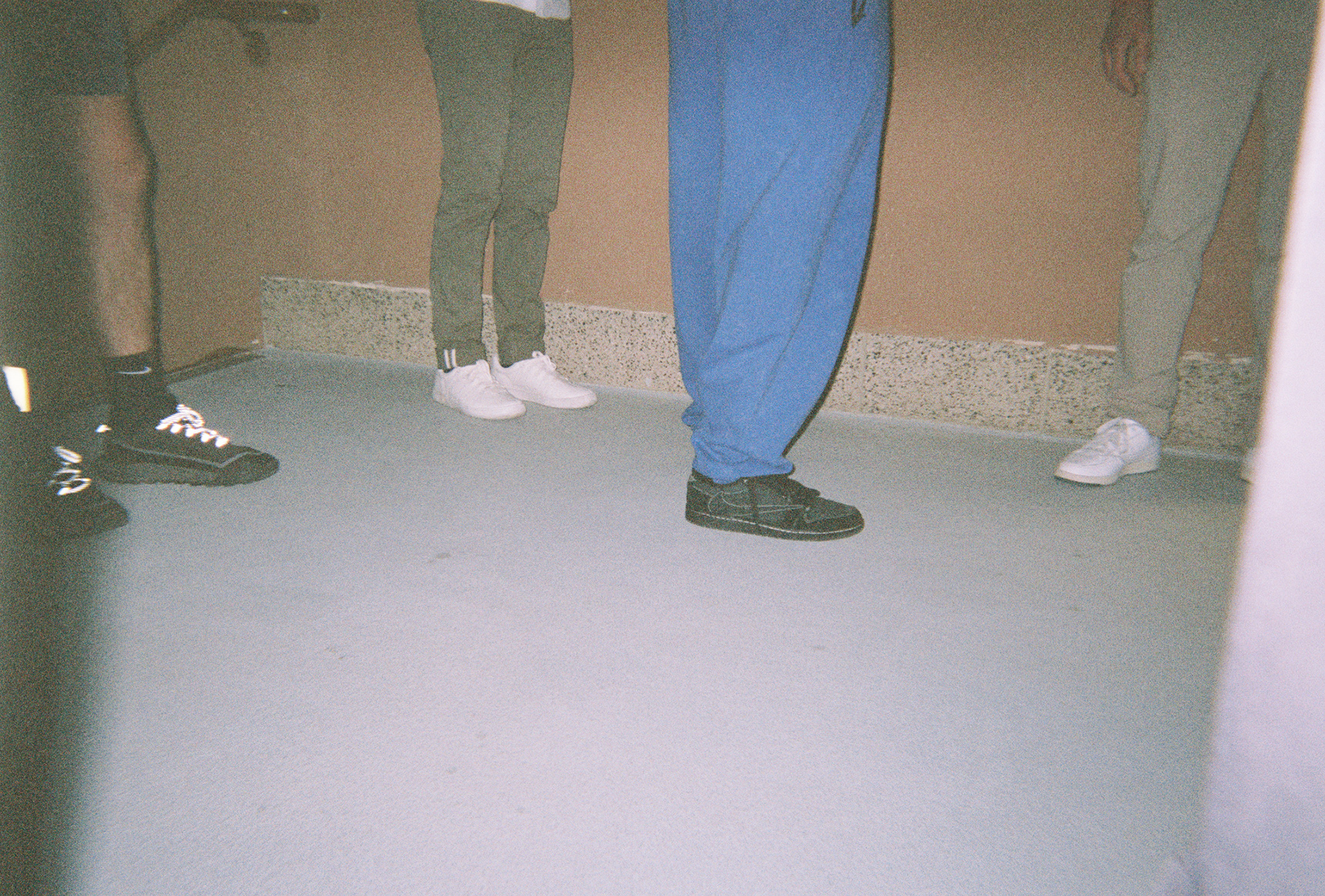

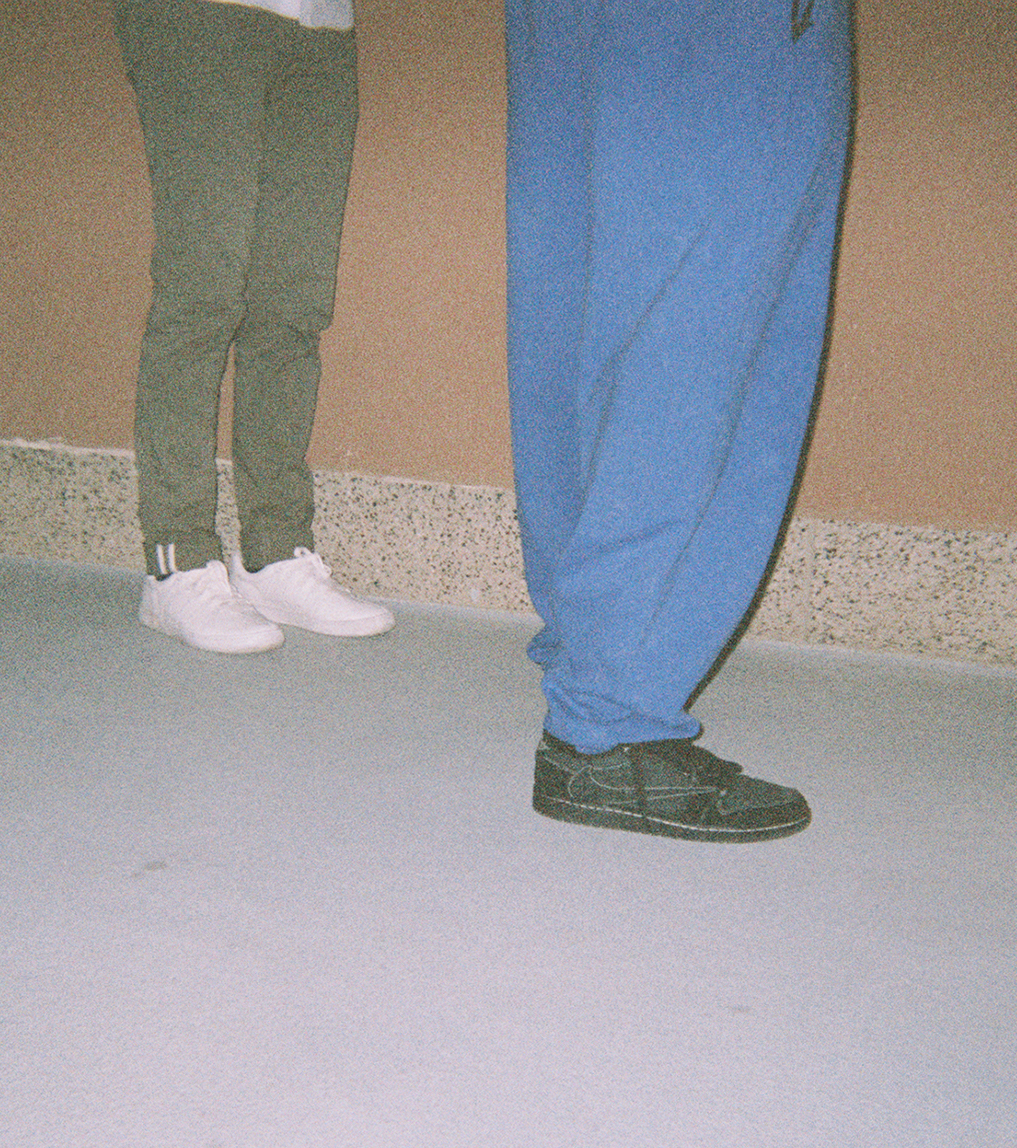

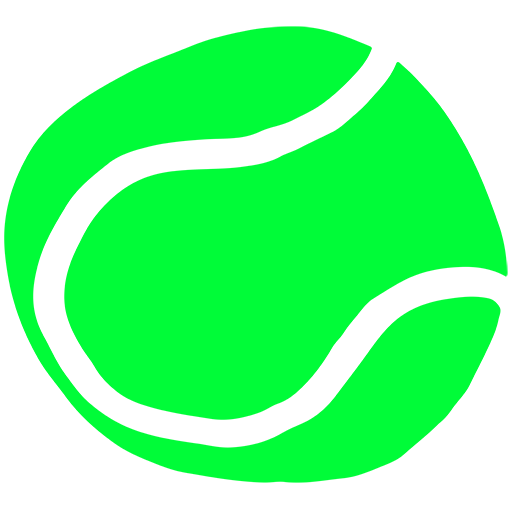
The Hopper
—Speaking of Novak, Head is releasing a Djokovic signature frame.
—More and more men are returning serve from the Boondocks, via The Guardian.
—For the first time, the US Open men’s final will be broadcast on ABC.
—The WTA has released its calendar for 2025.
—There is a new documentary about Roger Federer’s retirement.
—An eagle-eyed preview of the WNBA season.

